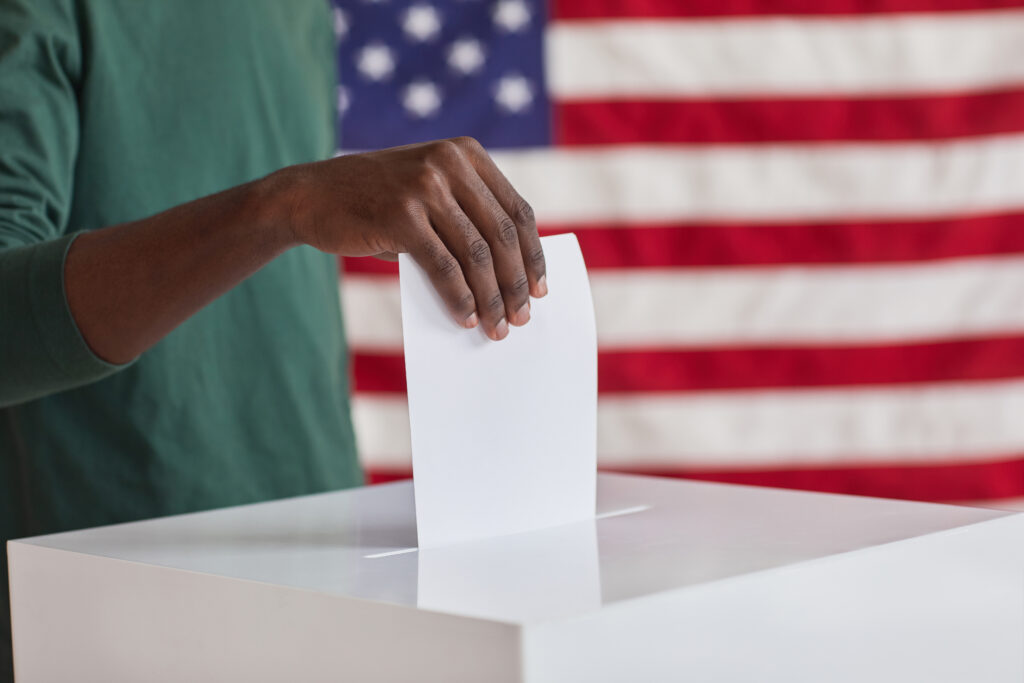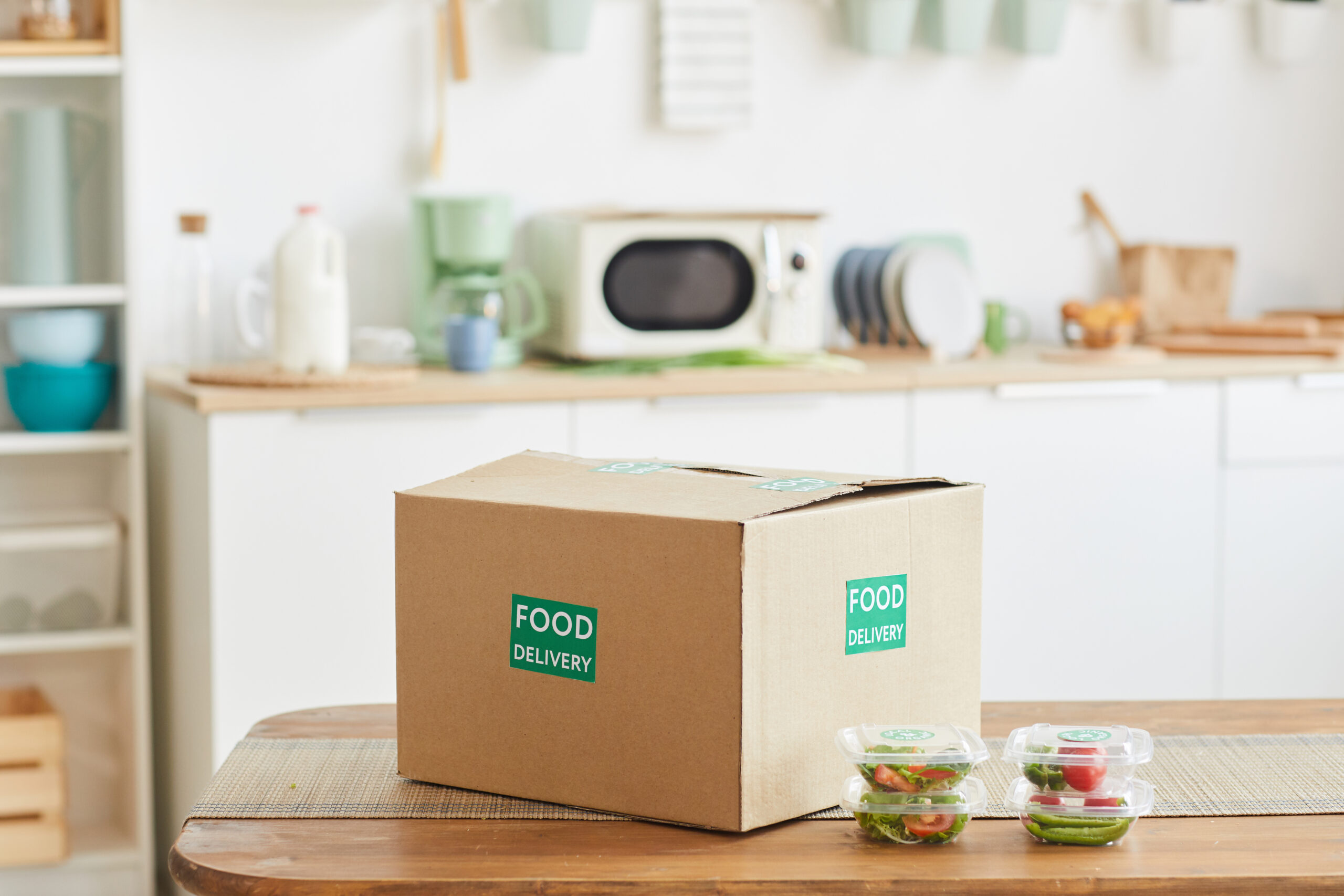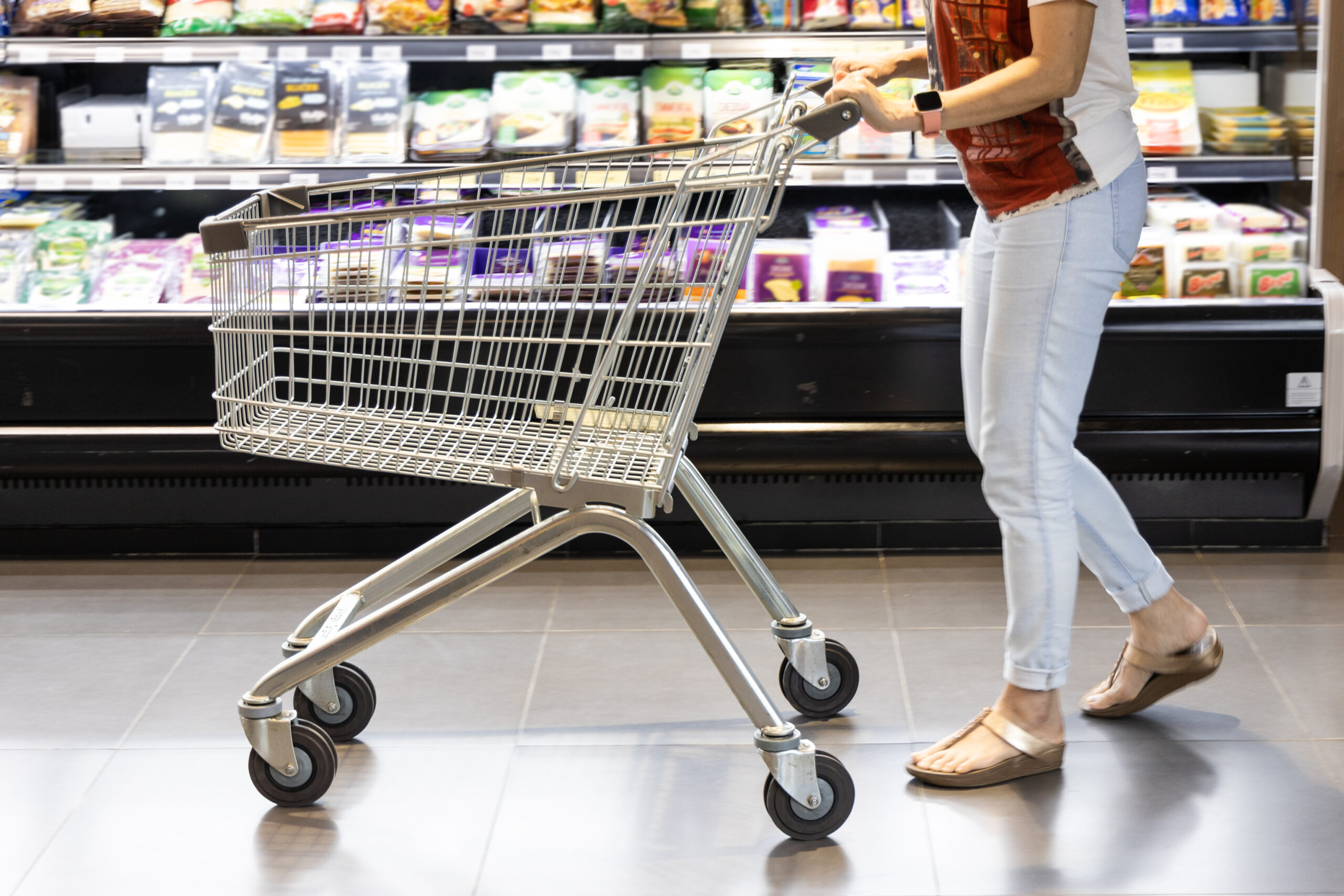On election night, Americans calmed their nerves with comfort foods — and their Google searches reflected this. According to Google Trends, searches that reached an all-time high Tuesday night included “cookies near me,” “Chinese food near me,” and “liquor stores near me,” among several other similar searches. But the future of the US food and beverage industry goes far beyond election night.
As votes continue trickling in, the direction of many food-related sectors remains unclear. However, the outcome will likely impact major players in the food industry, with potential new policies and regulations on every level of US government. Here’s what the pending election results could mean for the industry.
Agriculture
While some states still await results, the votes have already been tallied in others. This includes Minnesota, where Collin Peterson, the incumbent Democratic congressperson and chair of the House of Agriculture Committee, lost to Republican candidate Michelle Fischbach. Peterson represented his rural and agricultural district since 1990.
The House Committee on Agriculture, according to Peterson’s website, “has jurisdiction over a wide range of agriculture and rural development issues, including the Farm Bill, renewable energy, disaster assistance, nutrition, crop insurance, conservation, rural development, international trade, futures market regulation, animal and plant health, agricultural research, bioterrorism, forestry and others.”
So what does his loss mean for the future of agriculture? Minnesota is the nation’s top producer of sugar, a leading producer of turkeys and is among the top ten districts in soybean, corn and wheat production. So while it is too soon to predict, an agricultural lobbyist told POLITICO that the country is underprepared for Peterson’s loss.
As a two-time Agriculture Committee chair, Peterson guided several farm bills through Congress, including increasing the sugar loan program by five percent in the 2018 Farm Bill. During his nearly 30 years in Congress, he advocated for the conservation of sugar, pork and dairy. Peterson and his supporters argue that Fischbach won’t have those interests in mind.
However, Peterson’s loss is an opportunity for change in the sector. New leadership is up for grabs on the committee, with several progressive candidates in line, seeking to secure a spot.
Food Packaging and Waste
PFAS (per- and polyfluoroalkyl substances) — a chemical found in food packaging that prevents grease and oil from seeping through — is a major cause for concern in terms of its disposal. PFAS are often called “forever chemical” since they never degrade in the environment. Under President Trump’s administration, the Environmental Protection Agency (EPA) has praised its work on PFAS, especially its PFAS Action Plan.
However, many believe the current administration isn’t doing enough to regulate these chemicals. If the Democrats win control of Congress, more regulations can be expected. Many Democrats and some congressional Republicans have been pushing for legislation targeting PFAS chemicals, including limiting the incineration of food packaging, which permeate compost with chemicals.
A Biden presidency could see the prioritization of recycling, but it would also remain an important issue if Trump won a second term. Currently, the EPA is working toward setting national recycling goals and in 2018, it is partnered with the US Department of Agriculture (USDA) and the US Food and Drug Administration (FDA) on an initiative tackling food waste.
Food Delivery Workers
The election results may also have implications for food delivery workers nationwide. Recently, California passed a state ballot called Proposition 22 which allows app-based food delivery companies — including Uber, DoorDash, Postmates and Instacart — to hire drivers as contract workers rather than employees. As contractors, these gig workers are now exempt from some benefits and rights such as workers’ compensation.
Since the ballot just passed earlier this week, its impact on drivers and restaurants remains to be seen. However, the result is a major victory for food delivery companies in the state, who argued that transitioning drivers to full-time employees would have been financially detrimental to the already unprofitable food delivery sector.
Food Insecurity
Amid the third wave of the COVID-19 pandemic, many Americans are relying on depleting food banks and increasingly facing food insecurity. Earlier this year, Trump’s administration finalized a rule that could have prohibited nearly 700,000 people from receiving food stamps as part of the Supplemental Nutrition Assistance Program (SNAP).
While the rule was struck down earlier this week, the current administration is working on additional regulations that would profoundly impact those who rely on SNAP benefits. One regulation would toughen the rules guiding those who qualify for aid, and another would modify how allowances for expenses are calculated. For the 38 million Americans that relied on SNAP in 2019 — 12 percent of the population — the results of the election are consequential.










Join or login to leave a comment
JOIN LOGIN